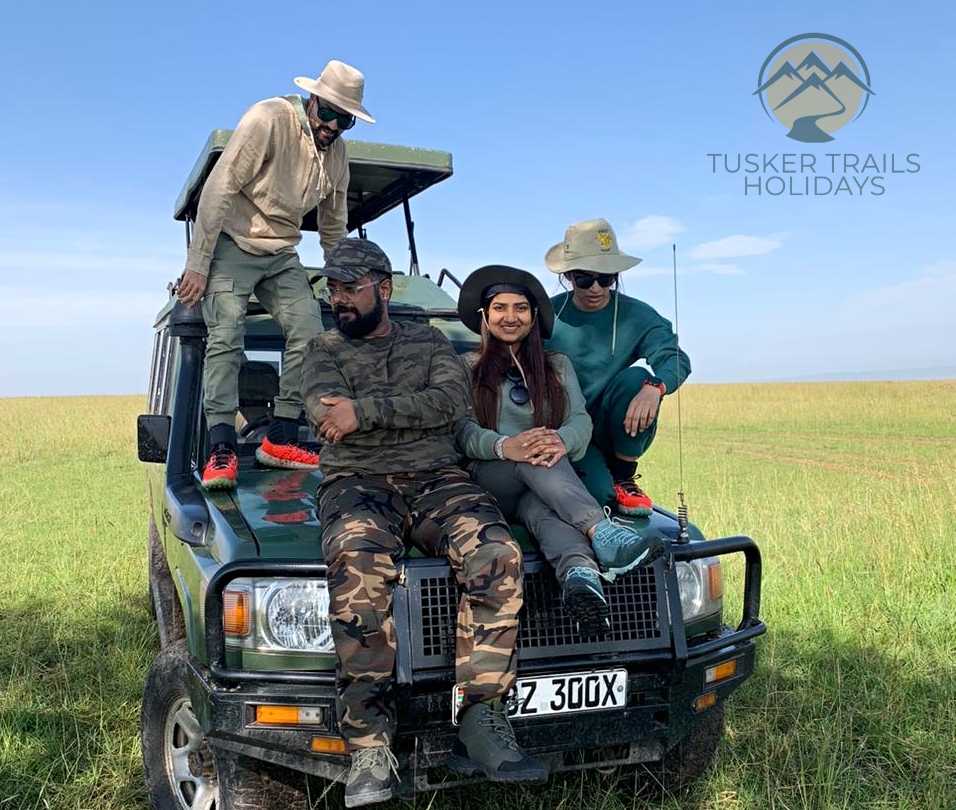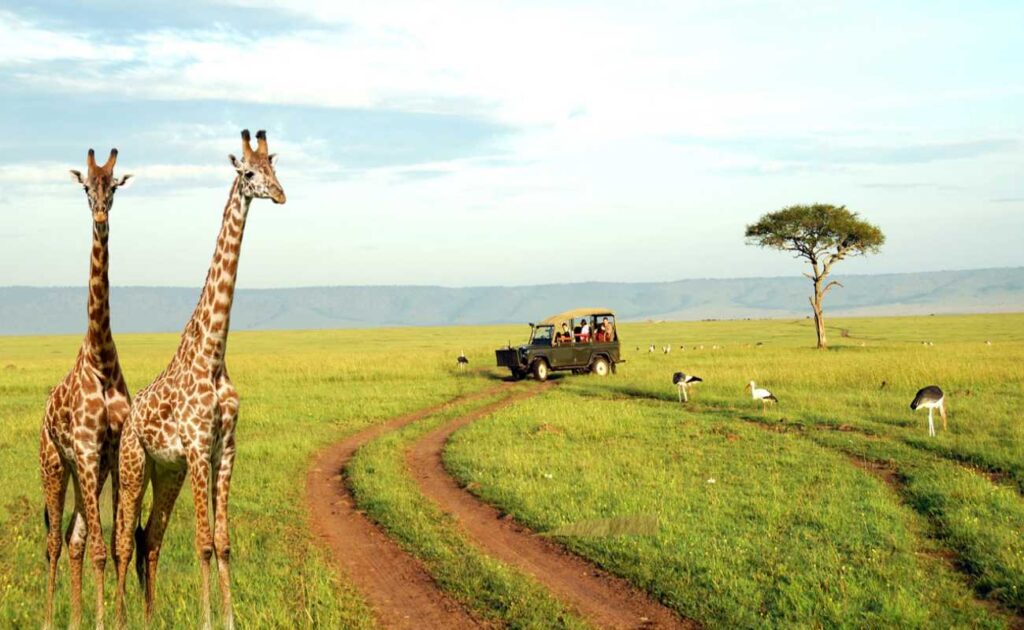Good Facts For Choosing Devil666 Sites
What Transportation Arrangements Must I Be Aware Of When I Am On Vacation In Mombasa?It is crucial to plan a trip in Mombasa Kenya by understanding your transportation options. This will ensure an enjoyable and easy journey. These are the most important transportation arrangements you should consider:
1. How to get to Mombasa
Moi International Airport serves as the main airport in Mombasa. Domestic and international flights are managed by the airport. Mombasa is serviced by many major airlines.
By Train By Train: The Madaraka express, which is operated by Kenya Railways provides a comfortable and modern rail service that runs from Nairobi to Mombasa.
Bus Companies like Coast Bus and Modern Coast provide services between Mombasa and other cities in Kenya.
2. Local Transportation in Mombasa
Taxis as well as Ride-Hailing service can be found in every city. Ride-hailing services like Uber and Bolt operate in Mombasa and offer convenient options for travel.
Tuk-tuks are three-wheeled vehicles that are popular and cheap to travel in cities. They are a great option for short trips.
Matatus are minibuses for sharing that travel along specific routes. They're the most widely utilized mode of transportation. Although they are a cheaper alternative, they can be uncomfortable and crowded.
Motorcycle taxis, sometimes referred to as boda-bodas, are available to provide quick and easy transport for small distances.
3. Car Rentals
It is possible to rent a car in the airport, as well as the city. Local and international car rental companies provide a wide range of automobiles. Keep in mind the local driving regulations and rules.
Service for chauffeurs If you prefer not to drive, chauffeur driven car rental is also readily available.
4. Ferry Services
Likoni Ferry connects Mombasa the mainland south of the city. It's a must for getting to the beaches in the south. For pedestrians, it is free. Vehicles pay a fee.
5. Day Trips and Excursions
Tour Operators: Numerous tour operators provide organized excursions to popular attractions like the Mombasa Marine National Park, Fort Jesus, and nearby beaches such as Diani and Nyali. The tours usually include transportation.
Public Transportation: For independent travellers, a mix of tuk-tuks, matatus and taxis, you can reach various attractions.
6. Cycling and Walking
Bicycle Rentals: Certain locations, particularly along coastal beaches, offer bikes for rent to explore the area.
Walking is feasible in certain locations in Mombasa. This includes Mombasa's Old Town and the areas near the beach.
7. Travelers’ Tips
Beware of public transport that is open late at night. Only use taxis that you trust. Take care of your possessions.
Negotiation: If you are in the market of Tuk-Tuks and taxis, it is recommended to negotiate your fare in advance. Meters aren't used often.
Traffic: Be prepared for a swarm of traffic during peak times, particularly near the Likoni Ferry.
If you're aware of the many transport options and have made all the arrangements required, your vacation will be hassle-free. View the recommended mombasa old town for site tips including kenya safari packages, travel tour companies, mombasa safaris kenya, travel tours in kenya, africa tours and safaris, kenya safari tours, safari and tours, africa tours and safaris, africa and safari, mombasa tours and more.

What Cultural Sensitivity Concerns Should Be Considered Prior To An Event In Mombasa?
To ensure that you have respectful interactions with local people and improve your travel experience it is vital to be culturally sensitive while on holiday in Mombasa. Here are some important considerations.
1. Be respectful of local dress codes
Modest Dress: Mombasa has a significant Muslim community. You should dress modestly when in public spaces, churches, or in your local area. This includes wearing a dress that covers your shoulders, chest and knees.
Beachwear. Wearing swimwear is acceptable on the beach, but must be covered if you visit nearby shops or restaurants.
2. Religious Sensitivity
Going to Mosques: If you want to go to a mosque, seek permission first and dress conservatively. Women must wear a head cover and all visitors should remove their shoes prior to entering the mosque.
Prayer Timings: Keep track of the five times for prayer each day and try to be respectful during these times, especially when you're near a mosque.
3. Photography Etiquette
Permission: Before you take photos of any person, always seek their permission. This is crucial in areas of rurality or locations that have traditional values. Some people might feel uncomfortable, or think it's intrusive.
Restricted Areas: Do not take photographs of places that are considered to be sensitive such as military installations, government buildings as well as certain cultural sites in which photography is prohibited.
4. Social Interactions
It is essential to greet people with respect. A typical greeting in Swahili is "Jambo" (Hello). While handshakes are common among men and women however, for Muslim women it's acceptable to wait for their hands to be extended before they greet verbally.
Personal Space - Protect your own space and do not touch anyone, especially if are in a secluded setting.
5. Cultural Taboos and the Norms
Shows of affection in public: Avoid publicly displayed displays of affection because they are considered inappropriate.
Left Hand Usage - Traditionally, the left hand was considered dirty. Make use of your right hand when eating, greeting and exchanging items or money.
Feet: Showing the soles of your shoes or showing your feet to people is considered disrespectful.
6. Language and Communication
Basic Swahili. Knowing some Swahili basic phrases can go a very long way towards building rapport with the locals and showing respect. Some common phrases are "Asante", "Habari", and "Thank you". ).
Politeness is essential. Be polite and patient when you communicate. Kenyans are respectful and appreciate respectful interactions.
7. Respect local customs
Respect traditional ceremonies and practices. Follow your host's instructions if you're invited to an event held locally.
Bargaining: At markets and local stores there is a lot of bargaining. Be sure to bargain with a smile and courtesy. It is a cultural tradition and not a threatening one.
8. Alcohol and Smoking
Consumption: Alcohol is readily available however it should be consumed in a discreet manner especially in predominantly Muslim regions. Do not drink in public.
Smoking is generally not permitted in public areas. Look for designated smoking areas.
9. Environmental Respect
The act of littering is a serious crime. Take care to respect wildlife and natural areas.
Conservation: Pay attention to the local wildlife, habitats and conservation efforts. Avoid buying products made from endangered species.
10. Helping Local Communities
Local Businesses - Help local markets and businesses.
Responsible Tourism: Choose environmentally friendly, community-based and sustainable tourism choices that benefit the local population.
If you adhere to these guidelines for respect for culture, your trip to Mombasa will be more meaningful, respectful, and enriching. See the best kenya holiday packages for website examples including tours and safaris in kenya, kenya travel packages, kenya beach and safari holiday, tours and safaris in kenya, mombasa beach kenya, travel & tours company, tours & safaris, african safari excursions, mombasa travel agency, africa safaris and tours and more.

What Environmental Responsibilities Should I Be Aware When On Holiday In Mombasa?
To safeguard the beauty and richness of Mombasa in Kenya, it is vital to be eco-conscious. Here are some important environmental responsibilities that you should be aware of:
1. Sustainable Accommodation
Eco-friendly Hotels: Choose hotels that are committed to sustainability. Check for certifications such as Eco-Tourism Kenya and other eco-labels.
Resource Conservation: Participate in hotel initiatives to conserve energy and water. Recycle linens, towels and towels. switch off the lights and air conditioner when they're not needed.
2. Responsible Monitoring of Wildlife
Keep away from wildlife: from them to avoid disturbing. Follow the directions of your tour guide.
Avoid Feeding Animals: Feeding wildlife can disrupt their natural diet and behaviour.
Leave No Trace: Do not litter in wildlife reserves or parks. Bring all garbage with you and dispose of it correctly.
3. Plastic Reduction
Beware of products that are only used once. Carry a water bottle along with a reusable bag and the utensils.
Participate in Local Initiatives - Take part or help local beach cleaning efforts and organizations that are working to reduce plastic waste.
4. Water Conservation
Mombasa is a victim of water shortages. Reduce your shower time and turn the taps off when not in use.
Eco-Friendly Products: Use products that are biodegradable, eco-friendly and can help minimize the impact on water quality.
5. Energy Conservation
Reduce energy use: unplug electronic equipment when it is not being used and restrict the use of air conditioners.
Encourage renewable Energy by selecting accommodation and tour operators that make use of renewable energies.
6. Sustainable Transportation
Cut down on your carbon footprint using public transport options, such as matatus or buses, as often as possible.
Consider short-distance walking or renting bikes. Certain areas have eco-friendly tuk tuks.
7. Supporting Local Economy
Buy Local: Buy souvenirs, items for crafting and meals locally, to help local businesses.
Fair Trade: Choose products that have been certified as fair trade in order to ensure that local producers receive a fair compensation.
8. Environmental Education
Learn and share information: Inform yourself about the local environment and conservation initiatives. Share what you learn with others to raise awareness.
Respect Local Cultures: Understand and accept local customs and traditions relating to the conservation of our environment.
9. Marine Conservation
Responsible Snorkeling & Diving: Do not touch or step directly onto coral reefs. Use reef-safe sunscreen to protect marine life.
Avoid dumping trash into the ocean. Join or help support marine conservation programs.
10. Ethical Souvenirs
Avoid Wildlife Products: Do not buy products that are made from endangered species, like ivory or tortoiseshell.
Sustainable Materials: Select products made of sustainable or recycled materials.
11. Join in the Conservation Activities
Think about becoming a volunteer taking part in local conservation or tourism projects.
Help local non-governmental organizations. Make a donation or support conservation organizations and non-governmental organizations working in your region to safeguard the environment.
12. Responsible Travel practices
Group Size: Travel in small groups to reduce environmental impact.
Eco-Tours: Choose tour operators that follow eco-friendly practices and have a commitment to sustainability.
By keeping these environmental duties in mind, it is possible to make a contribution to the protection and beauty of Mombasa and the diversity of this region for future generations. Check out the top rated kenya mombasa train for blog examples including tour agents in kenya, tours and safaris in kenya, mombasa tours, kenya safari beach, mombasa tour packages, tour and travel company, tour mombasa, tour mombasa, tour and travel company, african safari tours and more.
